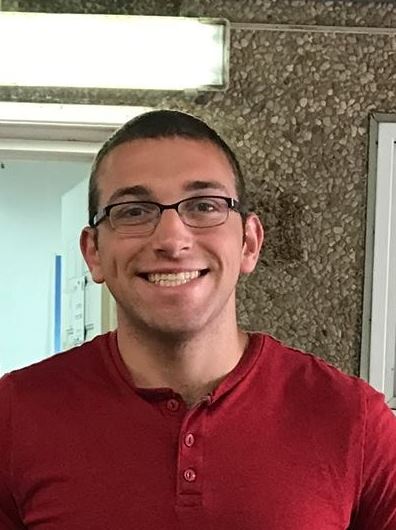
This semester did not go as planned for many college students. No one expected the pandemonium that accompanied COVID-19, forcing us to learn remotely for half of the semester and causing the senior class to miss graduation and commencement.
COVID-19 has been disastrous on a global scale. It has killed hundreds of thousands, sickened millions, and affected hundreds of millions. But one silver lining to an otherwise devastating pandemic is the unity we have seen across some populations, as well as on campus.
To ensure that the elderly, the sick, and those confined to their homes have access to food, I have seen students organize Whatsapp groups looking for volunteers to go shopping for those who cannot. I have seen the tremendous work of Columbia MilVets, several of whom worked in field hospitals in New York City; in fact, there were many more volunteers than positions available. Even in the world’s darkest hour, I have never been more proud to be a Columbia Lion.
But there is also another side effect of the pandemic: hate.
The world has seen an increase in domestic violence and racism since the crisis began. Asian-Americans have been targeted irrationally because the virus originated in China, while Jews and Israel have unfairly been targeted with conspiracy theories that they started the virus or have contributed to its spread more than other sects or peoples.
The rise in antisemitism during the pandemic is just a continuation of an earlier trend: most hate crimes last year in New York City were against Jews. The rise of racism and antisemitism has been a local and worldwide phenomenon, and our campus has been no exception.
In the beginning of the spring semester, an anti-Chinese message was written on a board in Butler Library. Several times this semester alone, swastikas were drawn on East Campus walls. These acts of racism frighten me, and I fear this trend will continue because of certain student groups on campus.
The divisive Boycott, Divestment, and Sanctions (BDS) movement has reared its ugly head on our campus for several years, and many students are becoming accustomed to hearing its lies and anti-Israel attacks.
On the surface, the BDS movement seeks to isolate Israel, punishing it for what proponents of the movement see as unfair treatment of Palestinians, and hoping to advance Palestinian national aspirations. Digging just a little bit deeper, however, the true goal of the movement is to destroy the State of Israel through economic isolation and a “right of return” that would end Israel’s status as a Jewish state.
“The rise in antisemitism during the pandemic is just a continuation of an earlier trend: most hate crimes last year in New York City were against Jews.”
Many opponents of the BDS movement have rightly called it antisemitic, because it singles out Israel’s handling of a conflict, yet ignores every other (deadlier) conflict in the world — including true instances of human rights abuses, apartheid, and other appalling behavior that is not present in Israel.
This is not to say that Israel is above criticism; no country is. Yet, considering that student groups whose members push the movement on campus — such as Columbia University Apartheid Divest (CUAD) and Students for Justice in Palestine (SJP) — have, for example, excused Hamas terrorism against Israeli civilians and Palestinian terror at large, and considering that international leaders of the BDS movement are tied to terrorist groups, the movement’s true intentions are hardly peaceful.
Campuses with prolific BDS movements are also associated with higher levels of antisemitism. Jewish students on Columbia’s campus, for several years in a row, have felt targeted and marginalized by student groups pushing BDS on campus and have endured numerous incidents of harassment.
It is on this note that I address the Columbia College Student Council (CCSC).
Columbia University is supposed to be a place of honest academic discussion, but how can we foster such an environment when SJP and CUAD push BDS calumnies and refuse to engage with Zionist students who disagree with their ideas?
SJP and CUAD practice an “anti-normalization” policy, meaning they refuse to engage with Zionist students or groups, rendering meaningful discussion all but impossible. To allow a movement such as BDS a presence on the ballot next semester at CCSC would be intellectually dishonest, because it will never foster discourse, only discord. For the sake of unity and academic integrity, the CCSC should not allow the BDS movement any place on any referendum; doing so implicitly excuses, if not supports, Palestinian terrorism and explicitly marginalizes hundreds of students on campus.
According to their constitution, the CCSC is charged with “fostering cohesiveness and community among the entire undergraduate population.” This pandemic has changed the world over the past few months in a mainly negative way, but the silver lining of unity has been a beacon of hope and pride for myself and many others. I urge the CCSC to continue the tremendous unity our campus has experienced over the past few months and not consider or entertain a BDS referendum next year.
Originally published in The Algemeiner.
Contributed by 2019-2020 Columbia University CAMERA Fellow Marc Cohen.
